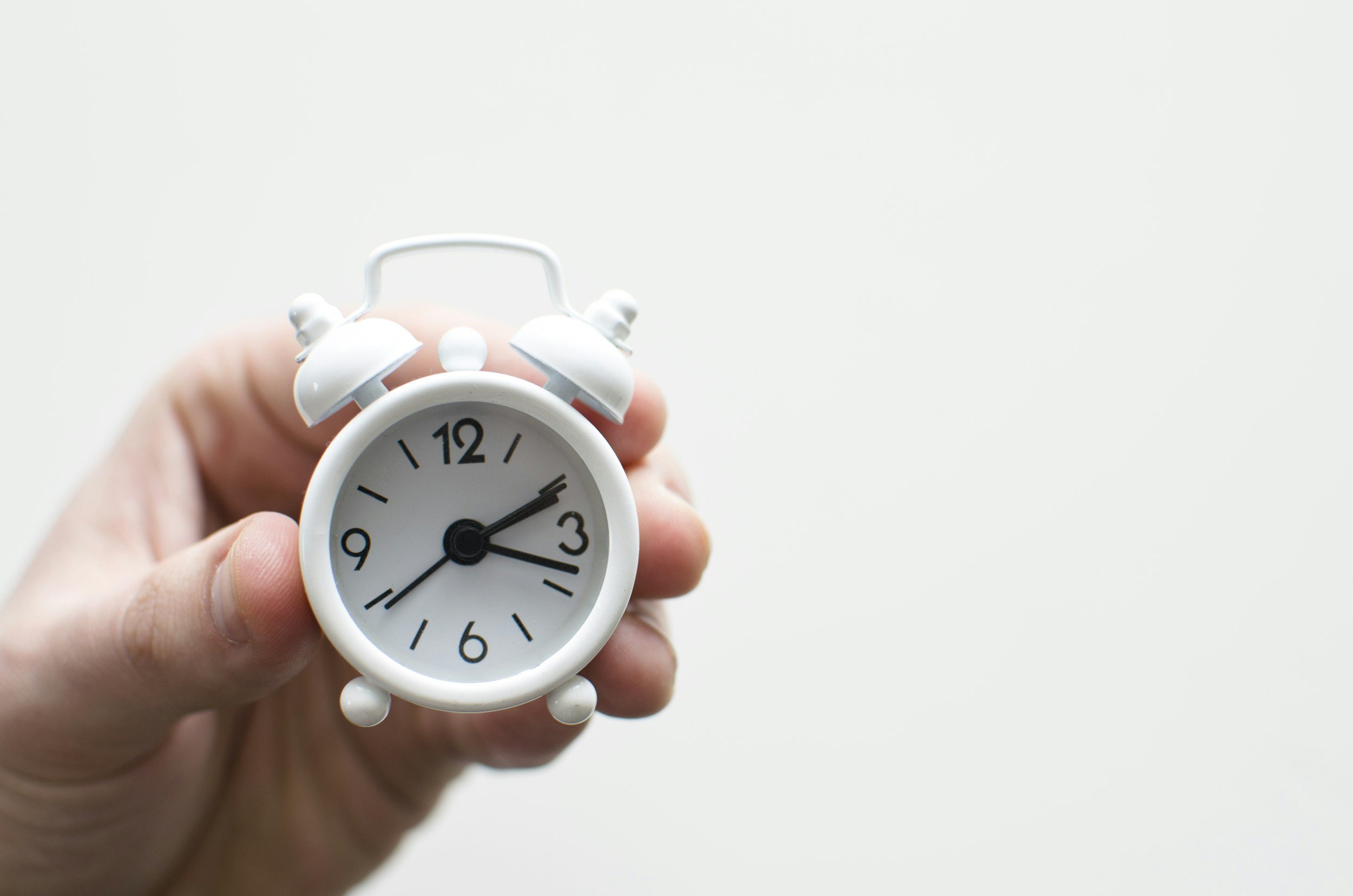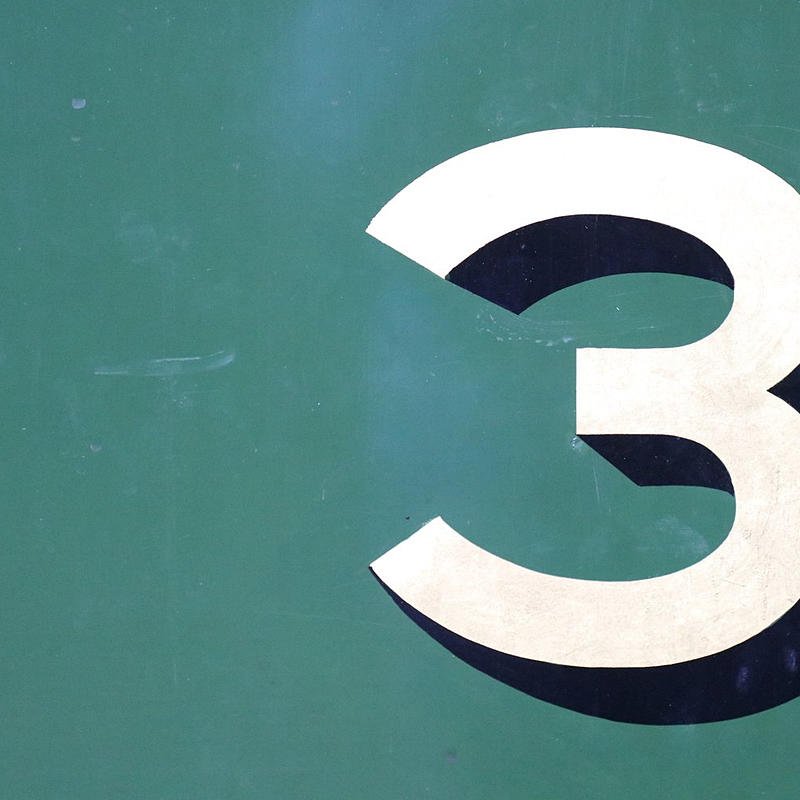
Signs of Labour
Labour is a natural, beautiful thing – and perhaps a little terrifying too. Understandably, because it’s the great unknown. Even if you’ve been through it before, there’s no guarantee this time will be the same as your previous experience.
Having your baby on their due date is rare: only about 1 in 20 people manage this. Usually, labour starts somewhere between 1 week before your due date and 2 weeks after it. If this is your first baby, the start of labour is normally gradual. It can last hours and stop and start over multiple days.

The Golden Hour: Why the First Hour After Birth is So Important
The "Golden Hour" refers to the precious first hour after birth, a crucial time for both you and your newborn. During this time, your baby is alert and ready to bond, making it the perfect moment for skin-to-skin contact and initiating breastfeeding. The benefits are immense, from regulating your baby’s body temperature to promoting healthy brain development. For you, it’s a time to begin forming a deep connection with your little one, setting the stage for a lifetime of love and trust. This sacred hour is not just for baby—it’s an essential bonding experience for both parents to embrace.

How can you, as her partner, be the support she needs?
We all know what Mum's job is during labour and birth, but by offering your support, you play a crucial role as well. Besides providing encouragement during labor and birth, you’ll be the point person for all sorts of duties — from distractor-in-chief to cord-cutter!!
So, how can you prepare for what’s bound to be a physically exhausting day for her and an emotional one for both of you? Check out these tips so you can proceed with patience and confidence during one of the most important days of your life.

Is Lotus Birth Right for You? Key Information for New Parents
Throughout the last couple of decades, western medicine has faced an increase in a variety of natural methods and labour and birth haven't been left out of these notions. Lotus birth has gained a lot of attention lately, as more and more are choosing to abandon the common practice of severing the umbilical cord soon after birth. Lotus birth is often endorsed as being more 'natural' and more 'peaceful' for both Mumma and baby, but, this birthing practice/placenta ritual isn’t without its share of controversy or risk. Let's shed light on this trend.

What do labour contractions feel like?
A contraction is a tightening of your uterus. The uterine muscle can contract at any time from mid-pregnancy on, and those contractions might feel like nothing at all, or they might be completely overwhelming.
Your uterus is a large muscle, and just like any other muscle in your body, it will flex when it’s stimulated, Hormonal changes can start contractions—but how you experience contractions depends on your pain threshold and what type of contraction you're actually having (yep, there’s more than one kind). In the first stage of labour, your contractions gradually open your cervix. In the second stage of labour, they ease your baby down through your vagina and out. In the third stage of labour, they dislodge your placenta and seal off blood vessels, as your uterus contracts down.

How painful is BIRTH?
Is this really that bad? How painful will it be, and can I handle it? While birth is different for everyone, birth is painful. But the great news, it’s manageable. In fact, nearly half of first-time mums (46 percent) said the pain they experienced with their first was better than they expected,

Does the position of your baby have an impact on your labour? You bet it does!
One of the things you can do to help your labour go well is to line your baby up so that it can take the easiest (optimal) pathway through your pelvis. Ideally, your baby should have it's back on your left and towards the front with feet kicking on your right, this is called an anterior position (or optimal fetal position).

Stages of Labour.
There comes a time in every pregnancy after the books have been read, the nursery decorated, the car seat installed and antenatal classes attended and now all that's left to do is wait and oh my goodness, the wait, unfortunately, can feel like such a long time. But even though most women go into labour between 37 and 42 weeks, there's no way to pinpoint exactly when labour will begin, and it's often this not knowing that makes some people very anxious.
Let’s have a look at how labour works.

Natural Pain Relief.
The topic of pain in labour and birth is a hotly debated subject around the coffee table and while pain in labour can't be entirely avoided (for most people), the fear of pain can be addressed and reduced. Taking good birth education classes, working with a trusted and supportive midwife, and having good continuous support from a partner, friend, or family member all can help greatly reduce your fear of pain in birth. It also helps to know a few things about labour pain.
Did you know you can easily find specific topics by using the search bar? Simply type in what you're looking for, and you'll be directed to all the relevant information!

